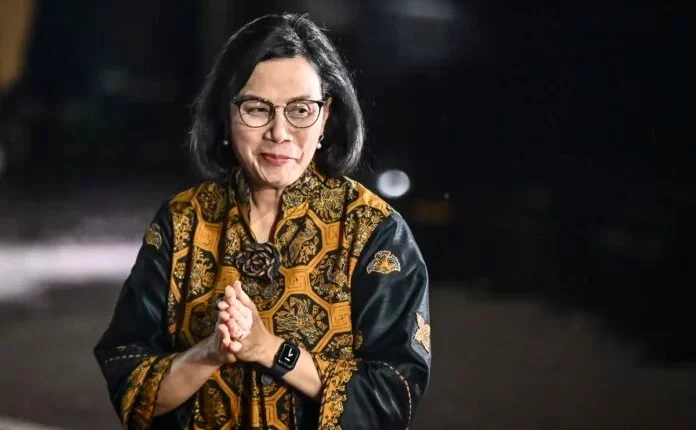Side with the Community, 1% VAT Adjustment to Fund Subsidies and Social Assistance
JAKARTA — The adjustment of the Value Added Tax (VAT) rate by 1% aims to expand financing for subsidies and social assistance, encourage economic equality, and maintain the stability of the State Budget.
In this regard, Finance Minister Sri Mulyani Indrawati stated that tax is an important instrument of development with the principles of justice and mutual cooperation. This principle underlies the selective implementation of 12% VAT.
“Justice is where groups of people who are able will pay their taxes according to their obligations under the law, while groups of people who are unable will be protected and even given assistance,” said Sri Mulyani.
“This is where the principle of the state is present,” said the Minister of Finance.
In fact, the Government also provides stimulus in the form of social protection assistance and tax incentives with a total allocation of IDR 265.6 trillion for 2025.
“The 2025 tax incentives will be mostly enjoyed by households, and will encourage the business world and MSMEs in the form of tax incentives,” said Sri Mulyani.
“Although there are tax laws and tax rates, the government remains sensitive to encouraging goods, services and economic actors,” added the Minister of Finance.
Likewise, Deputy Speaker of the Indonesian House of Representatives Adies Kadir emphasized that the 1% VAT increase is an implementation of the law for the welfare of the people and does not apply to all goods/services.
“The policy is good for equitable development and to strengthen the economy as President Prabowo Subianto aspires. The luxury consumer group, which mostly comes from the upper class, has very high purchasing power,” he said.
“Thus, those who are most capable contribute more to the country,” said Adies.
The increase applies to luxury goods consumed by the upper class, while basic necessities, social services, education, health, MSME products, and agriculture are exempted.
“The increase in VAT on luxury goods can be likened to a consumption tax for the rich. The proceeds from the taxes they pay will later be used to fund social programs,” added Adies.
Meanwhile, Director of Counseling, Services and Public Relations of the Ministry of Finance’s DPJ, Dwi Astuti, explained that revenue from the increase in VAT would support priority programs, including BLT, PKH, Basic Food Cards, electricity subsidies, and 3 kg LPG.
“The funds from the VAT rate adjustment will be returned to the community in the form of various development and empowerment programs,” said Dwi.
